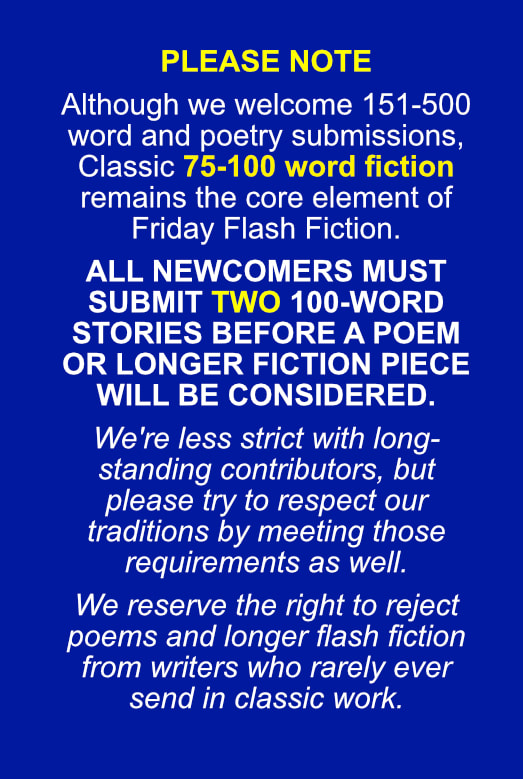Fate pulled its wild card with a knock on the door.
“It’s the mailman!” she heard.
Susan lazily dragged herself from the bed to the main door. A blanket was wrapped all around her body. A rectangular, flat object glowed right at the foot of her door. It was a white envelope, reflecting the summer light.
Curiosity cleared away the sleepiness she had, as she quickly bent and picked up the letter. It was written Susan Bridges in black, with a calligraphic fashion.
As eager as a child opening up a Christmas present, she eagerly and cautiously tore the envelope, and removed the letter. She was so excited that she didn’t notice the torn envelope had dropped on the floor. It was quite rare for her to get letters. She wasn’t interested in having boyfriends or pen pals.
Her eyes were scanning through every letter and word on the letter, hoping to see the signs of a secret admirer or stalker. Since her early teenage, Susan has always had fetishes of a man following her in the alleys or narrow streets.
“Oh my God!” she screamed, as she dropped the letter.
“It can’t be!”
Right at the bottom right-side of the letter, she saw a name she thought history had erased. It was non-other than Mike Wells, her former husband. He was a drunkard who forced her to striptease, as he drank himself to shame.
One mid-autumn night, he received a shot in the head, from an AMT Hardballer gun at close range. He was trying to force himself on her, yet signing of their divorce papers was almost complete. Rage had got the best of what she would have called self-control, at that moment.
Her face was splashed with some of Mike’s gray matter, as she dragged him across the stairs. His body was wrapped in a black, garbage plastic bag. She put the weight behind the track, and drove to South Coast Beach, where she let the ocean currents carry her bitter memories to the sharks.
To forget her terrible marriage and past, she sold the house using her husband’s name, and moved far away from the ocean.
Surprisingly, Susan had no regret recalling all those details. The only worry she had was the name of the deceased appearing in the letter.
She started wondering whether she hadn’t shot him right; whether the sharks hadn’t eaten him; whether somehow his ghost came to haunt her.
Her head was sunken between her knees, as she cried and cursed for almost an hour, while seated on a sofa.
“Hi Susan. I’m Dr. Mike Wells Higgins.”
It was a voicemail message!
A smile of relief suddenly enveloped her face. She only knew the doctor with the initials M.W. Higgins, from her previous counseling appointments.

